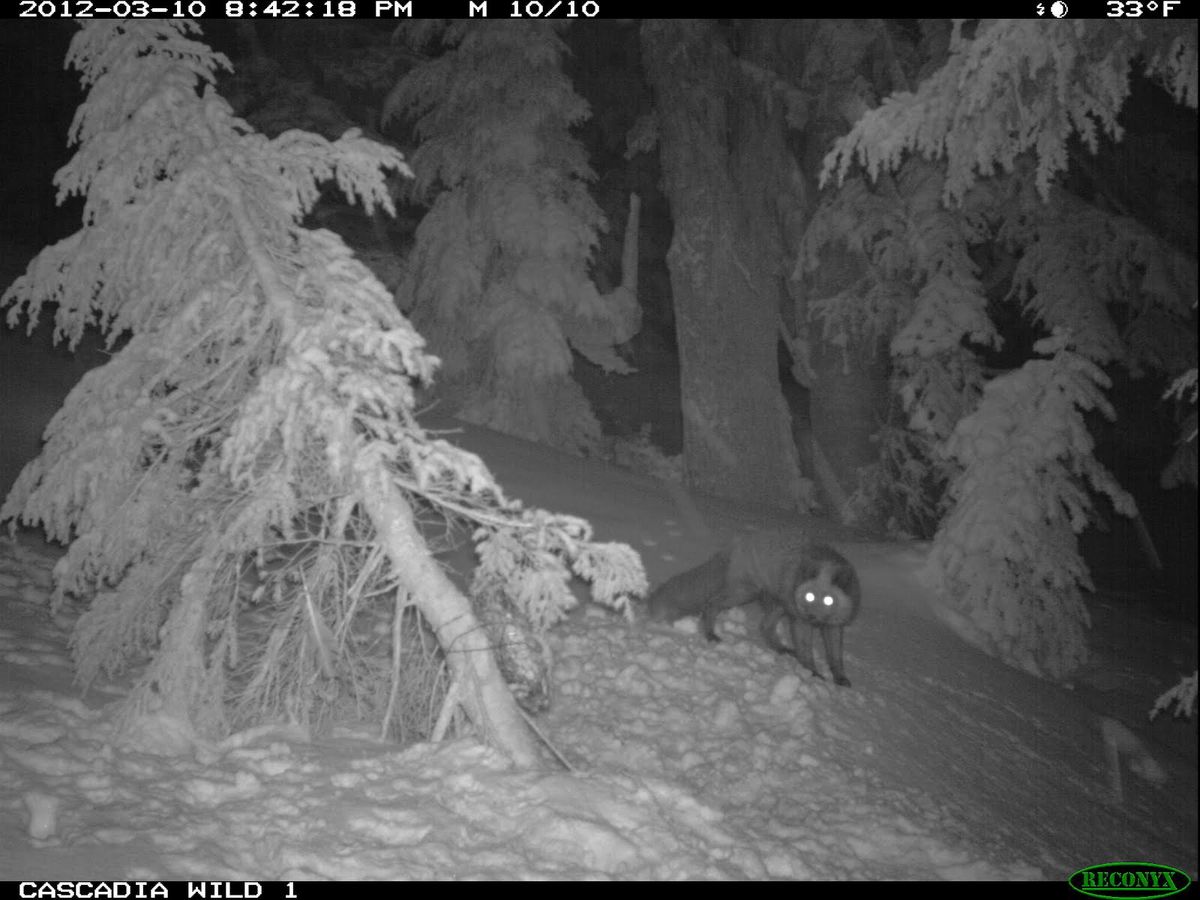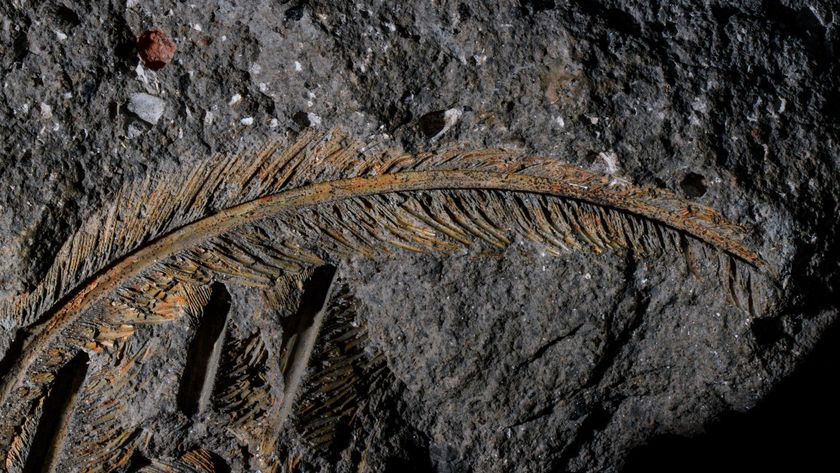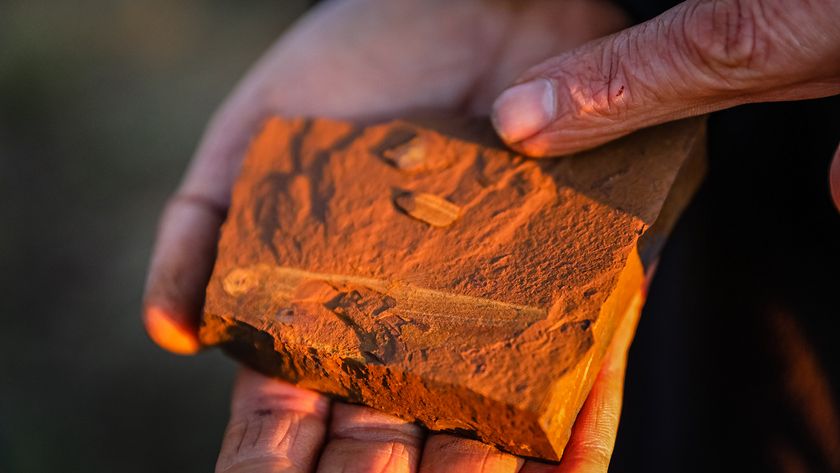
Rare Red Fox May Be Living in Oregon Mountains

Hidden cameras have discovered three foxes in the mountains of Oregon, and researchers think they may be previously unknown populations of the Sierra Nevada red fox, a subspecies that's one of the rarest mammals in North America. Fewer than 50 of the foxes are thought to remain in the wild in known relict populations near Sonora Pass and Lassen Peak in California.
Researchers set up motion-triggered remote cameras that took pictures of the montane, or mountain-dwelling, red foxes this winter and spring on Oregon's Mount Hood and in Crater Lake National Park, the first time foxes have been verified in these areas in decades. Researchers presume these are Sierra Nevada red foxes, because they are the only mountain-dwelling fox native to Oregon. Researchers hope to collect hair and saliva samples to perform genetic tests to prove their hunch.
The federal government is currently considering listing the animal under the Endangered Species Act, after being petitioned by the Center for Biological Diversity, a conservation group.
"Sierra Nevada red foxes are some of the rarest animals on this continent, and the Endangered Species Act is their best hope for recovery," said the center's Taylor McKinnon in a statement. "If shown to be Sierra Nevada red fox, these newly discovered populations will help recovery efforts by increasing the subspecies' genetic diversity and the potential for connectivity and gene exchange between populations."
The Sierra Nevada red fox (Vulpes vulpes necator) lives at high elevations and eats small mammals and birds. It has a reddish head and back, black "socks" on its feet, black backs to its ears and a white-tipped tail. Until recently, the foxes were thought to be down to 20 animals living around Mount Lassen in Northern California, but then another small group was discovered in the Sonora Pass in the Sierras north of Yosemite National Park.
Follow OurAmazingPlanet for the latest in Earth science and exploration news on Twitter @OAPlanet. We're also on Facebook and Google+.
Sign up for the Live Science daily newsletter now
Get the world’s most fascinating discoveries delivered straight to your inbox.












